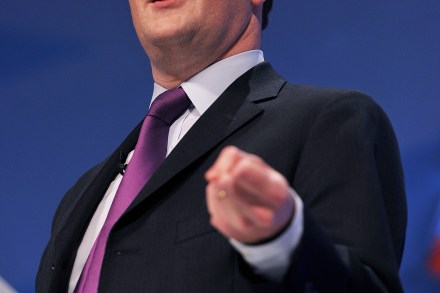The MoD wastes another opportunity
Today’s White Paper on defence procurement makes disappointing reading for the UK defence industry — and for anyone who believes that one of the lessons of the last few years is that we need a more active industrial policy. IPPR set out the case in a recent report on globalisation, arguing for sustained support for industries, like defence, which have high potential for growth, for exports, and for high-skill manufacturing jobs. We need robust safeguards on the sale of defence equipment to repressive regimes, as well as greater transparency on government lobbying to avoid a return to the bad old days of the Pergau Dam — or minor embarrassments like














